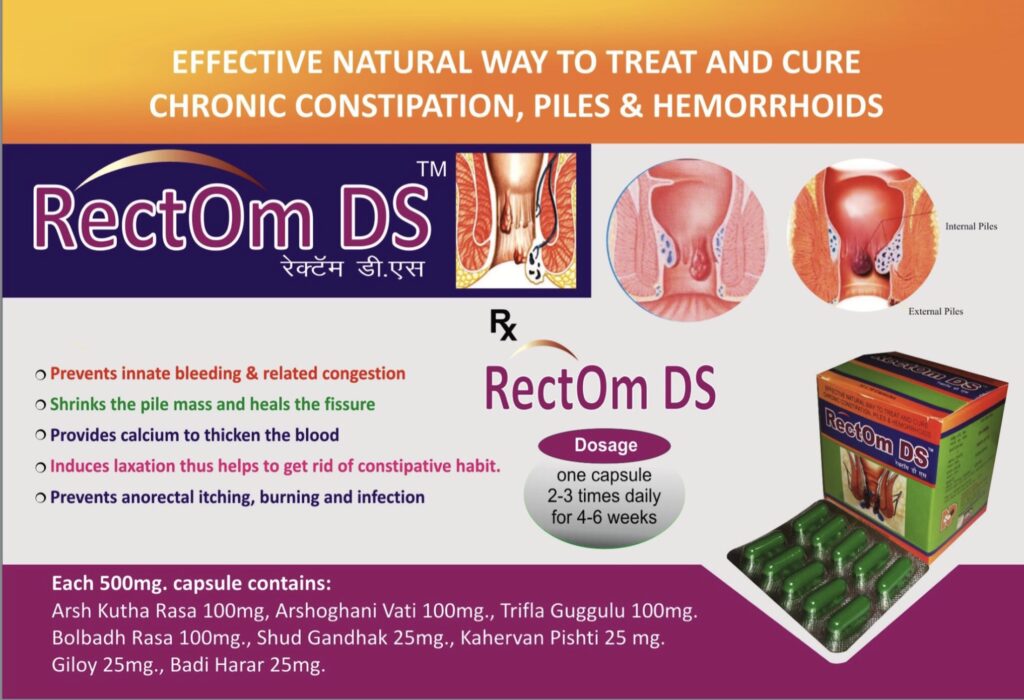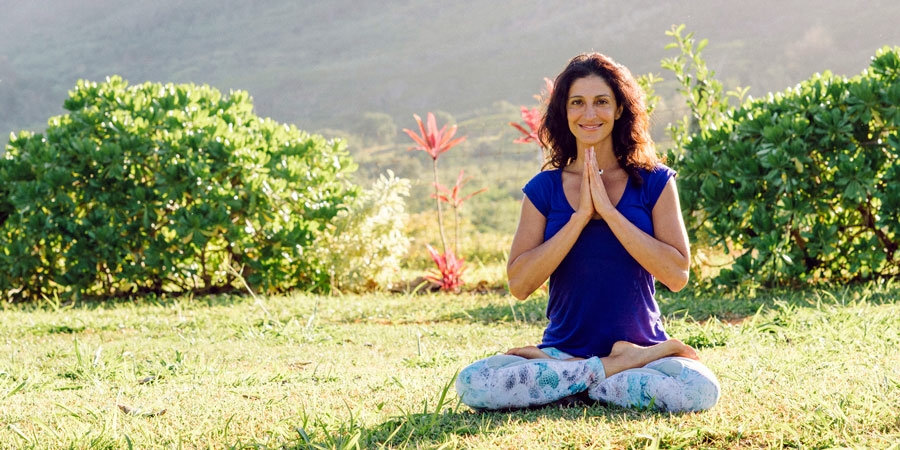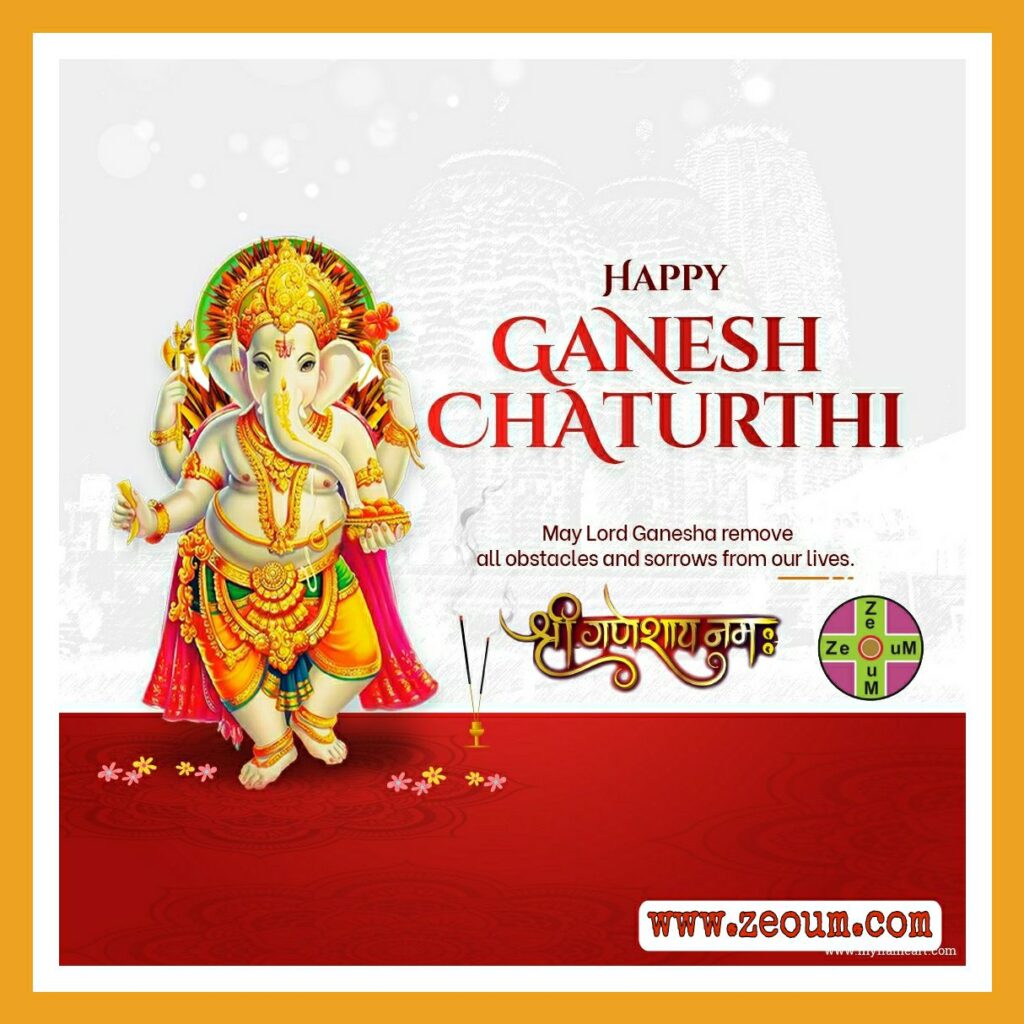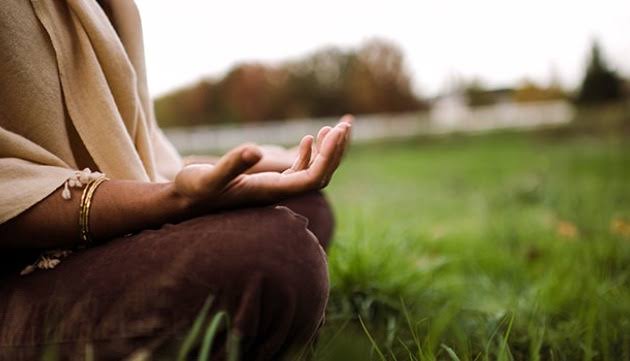Estiza contains 500 mg of SPE in each capsule
Estiza – Natural DHT Blocker (saw palmetto extract)
Estiza contains 500 mg of SPE in each capsule
chaty domain was triggered too early. This is usually an indicator for some code in the plugin or theme running too early. Translations should be loaded at the init action or later. Please see Debugging in WordPress for more information. (This message was added in version 6.7.0.) in /home/zeoum/domains/zeoum.com/public_html/wp-includes/functions.php on line 6121sparklestore domain was triggered too early. This is usually an indicator for some code in the plugin or theme running too early. Translations should be loaded at the init action or later. Please see Debugging in WordPress for more information. (This message was added in version 6.7.0.) in /home/zeoum/domains/zeoum.com/public_html/wp-includes/functions.php on line 6121
Piles & Hemorrhoids
Hemorrhoids also called piles, are swollen veins in your anus and lower rectum, similar to varicose veins. Hemorrhoids can develop inside the rectum (internal hemorrhoids) or under the skin around the anus (external hemorrhoids).
Nearly three out of four adults will have hemorrhoids from time to time. Hemorrhoids have a number of causes, but often the cause is unknown.
Fortunately, effective options are available to treat hemorrhoids. Many people get relief with home treatments and lifestyle changes.
Signs and symptoms of hemorrhoids usually depend on the type of hemorrhoid.
These are under the skin around your anus. Signs and symptoms might include:
Internal hemorrhoids lie inside the rectum. You usually can’t see or feel them, and they rarely cause discomfort. But straining or irritation when passing stool can cause:
If blood pools in an external hemorrhoid and forms a clot (thrombus), it can result in:
If you have bleeding during bowel movements or you have hemorrhoids that don’t improve after a week of home care, talk to your doctor.
Don’t assume rectal bleeding is due to hemorrhoids, especially if you have changes in bowel habits or if your stools change in color or consistency. Rectal bleeding can occur with other diseases, including colorectal cancer and anal cancer.
Seek emergency care if you have large amounts of rectal bleeding, lightheadedness, dizziness or faintness.
Ayurveda medicine represent promising results vary from patient to patient and to ensure recover from liver disease or if not to postpone the need of liver transplant increase the QoL of patients with cirrhosis, and reduce overall treatment costs of Chronic liver diseases. Ayurveda also delivers sodhana ( Purificatory treatment) by means of Panchakarma treatment.
Ayurvedic medicine encourages whole-body healing, which includes physical, mental, and emotional health. This can include practices like yoga, meditation, mindful eating, sleep hygiene, spending time by yourself and with others, and managing your work-life balance.

Ayurveda Approved Ways of Living:
Eat a healthy balanced diet. One of the most important tenets of Ayurveda is to eat simple, healthy and balanced. …
Use locally grown products. …
Shift to herbal products. …
Stay active and fit. …
Meditate and introspect. …
Detox your system once a while. …
Attend Ayurveda retreats.
Ganapati Bappa Moraiya! May Lord Ganesha bless you and your loved ones with every possible happiness in this world. I heartily wish Lord Ganesha reloads your home with fortune and prosperity. Happy Ganesh Chaturthi!

EdX-5 Cap twice daily or as advised by physician is natural support to treat andropause, low testosterone, male infertility & erectile dysfunctions.


Ayurveda is an ancient science of life since time immemorial. Ayurveda, apart from providing various therapeutic measures for diseases, emphasizes on maintenance, promotion of health and prevention of diseases through diet and lifestyle regimens. As per Ayurveda, life is sustained by a tripoid of mental, physical and spiritual factors constituted by body (Sharir), senses (Indriyas), mind (Satwa) and spirit (Atma). The physical world including the human body is derived from the specific combinations of five fundamental entities viz. Akash, Vayu, Teja, Jala and Prithvi which are known as Panchamahabhutas and the soul. Panchamahabhutas form the Tridoshas viz. Vata Dosha, Pitta Dosha and Kapha Dosha, Dhatus (tissues) and Malas (excretory products). Tridoshas carry out the physiological activities and are responsible for the integrity of the human body.
Due to the faulty diet and lifestyle normalcy of the Tridoshas is disturbed and they aggravate in the body. Vitiated Tridoshas disturb the normalcy of Dhatus and Malas causing their vitiation which manifests as various diseases in the body. Thus the health of an individual depends upon the normalcy of the Doshas , Dhatus and Malas.
Health of an individual can be known by following aspects.
Proper nourishment.
Proper strength.
Desire and appetite for intake of food.
Proper digestion of food ingested at proper time.
Sleep at proper time.
Absence of pathological or dreadful dreams.
Feeling of freshness after waking up in the morning.
Proper evacuation of faeces, urine, and flatus at the proper time.
Proper functioning of mental faculties, intelligence and senses in all respect.
Absence of any kind of pain.
Following ways are described in Ayurveda for maintenance of health and treatment of diseases.
Diet and Nutrition
Regimen of Personal and Social Hygiene :- Daily routine (Dinacharya), Seasonal regimens (Ritucharya), including basic sanitation and healthy living environment.
Diet plays very important role in our physical and mental health status. Many common health problems can be prevented or treated by consumption of a good diet. The following need to be followed.
Wash vegetables & fruits properly before cooking.
Use boiling, steaming, grilling etc. as methods of cooking.
Whole wheat flour (without sieving) may be prepared for making roti. Roti made out of jowar, bajra, ragi, maize (macca) are also having high fibre content. The use of white bread, nan, roomali roti and other maida preparations should be limited.
It is desirable to take 50-100 gms/day fibre, when whole grain cereals, pulses and vegetables are consumed daily. It is for our advantage to maintain our traditional cooking and eating patterns.
Increase locally available seasonal fruits and green leafy vegetables in the diet.
As far as possible eat freshly prepared food. Reheating and refrigerating tends to lose the taste and nourishment.
Do eat when you feel hungry i.e don’t avoid mealtimes. Develop the habit of taking meals at regular intervals.
Avoid overeating.
Avoid eating too fast or too slow. Food eaten hurriedly does not get digested properly, it does not give a sense of fulfilment. On the contrary one tends to eat more.
Don’t drink too much or too little water since both hamper the digestion.
Drinking of luke warm water helps easy passage of motion and urine, enhance digestive power, minimize the diseases related to digestive system and delayed ageing.
Don’t eat when the mind is unstable because you may eat less or in excess.
Avoid heavy tasks immediately after meals since the blood circulation is diverted towards the site of action rather than towards digestion of food. It also creates pressure on the heart. After meals don’t sleep immediately. But do take rest for a while before resuming your work. Dinner should be taken at least two hours before sleep.
Avoid fried foods, restrict intake of ghee, oils. Cook the vegetables with minimum oil.
Reduce salt and sugar intake.
Avoid intake of aerated drinks (cola), fast/junk food (Chips, burger, samosa, pizza etc.).
Increase intake of milk, butter milk, Lassi, coconut water etc.
Food should be taken after bathing, washing the hands, legs and face and without any disturbance.
While taking the food, one should not divert his attention to other things.
After the meals rinse the mouth and hands thoroughly with water. According to Ayurveda the diet is one of the most important factors which have direct impact on three Doshas/humors. To keep these Doshas balanced, our diet should contain all Tastes (Rasas) in a balanced way. For healthy person it is advised in Ayurveda to not to fill stomach full, while taking food. Stomach should be divided into three portions and one portion should be filled by food, second by water and third should be kept vacant for movement of Doshas (Humors). The right quantity of food is decided upon the nature of food substances such as heaviness or lightness and digestive power of the person. Food items like flour products, milk products, sugar cane products, pulses like Urad (Phascolus mungo ), meat etc. are heavy in nature whereas rice, wheat, pulses like moong dal (green gram) etc. are light in nature and easy to digest.
Useful food items for daily use.
Edibles prepared with cereals like wheat (Gehun/Godhuma) and Barley (Yava)
Condiments prepared from meat of animals of arid/dry land,
Jivanti (Holostemma adakodien), Radish (Muli), Basal (Vastuka – Bathua), Terminalia chebula (Haritaki- Harad) (), Indian gooseberry (Amalaka- Amla), snake gourd (Patola – Parval) and green gram (Mudga – Moong), Pomegranate- (Dadima/ Anaar) and Rock salt- (Saindha Namak) are desirable for regular use.
Fenugreek (methi) has high fibre content and useful in reducing blood glucose, cholesterol and triglycerides.
Green vegetables like Bittergourd (karela), Lettuce leaves, Ladies finger (bhindi), Carrot (gajar), Soya Beans, Drumstik, and Jambu (Jamun) seeds are having beneficial effects for people suffering from Diabetes. However, Curd, Kshara like Kanji (Alkaline preparations), Vinegar, uncooked radish, dried meat, pork, meat of sheep, cow, black gram, bean, tuberous roots, the fibers of lotus (Kamalgutta), sweets prepared by grinding cereals, dried leaves, and molasses are all undesirable for regular use particularly in Diabetes patients.
MS DHONI GETTING KNEE JOINT PAIN AYURVEDA TREATMENT FROM VAIDYA LIVING IN FOREST AREA OF RANCHI.